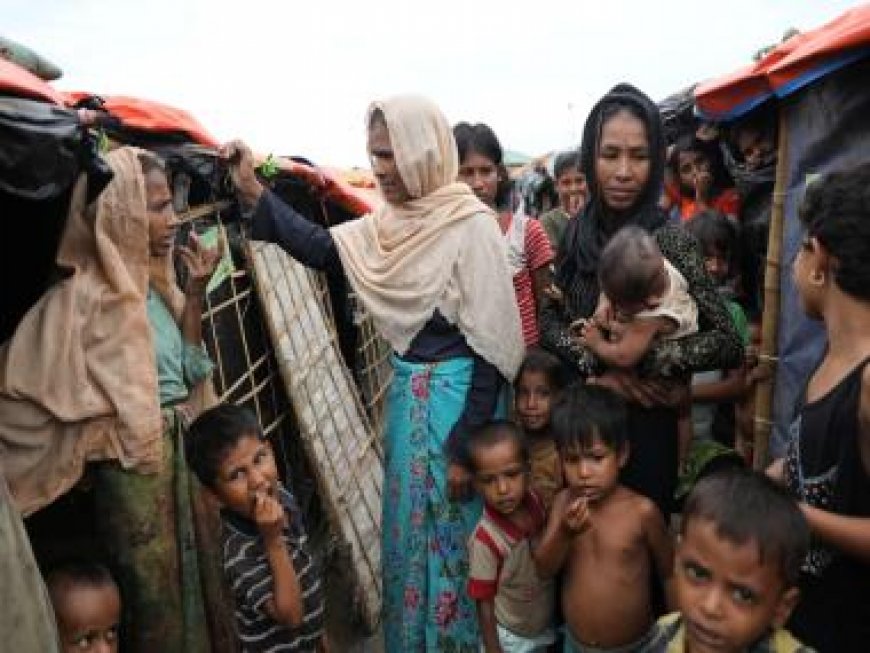Rising gang violence adds to fears at Rohingya refugee camp in Bangladesh Cox's Bazar
Rising gang violence adds to fears at Rohingya refugee camp in Bangladesh Cox's Bazar

Escaping persecution from the army and Buddhist fundamentalists in Myanmar, the beleaguered Rohingya minority fled to the neighbouring Muslim-majority country Bangladesh for refuge. Six years later, many of them today find themselves crammed in a filthy settlement in Bangladesh’s Cox Bazar — called the world’s largest refugee camp, with poverty, disease, and rising gang violence to boot.
In 2022, 40 people lost their lives to gang violence in the camp. This year till mid-July 48 people have already fallen victim to the rising problem, according to a BCC report.
Exploiting the hapless
Rohingya are a population teeming with uncertainty, frustration and fear, and these strong emotions are capitalised on by militant groups and camp mafia. Groups like the Arakan Rohingya Salvation Army (ARSA), the Rohingya Solidarity Organisation (RSO) and the Munna Gang are active in Cox’s Bazar camp, as per the BBC.
To add to the refugees’ plight, Bangladesh considers them a burden and wants all of them to go back. In 2017 they even got Myanmar to agree to a repatriation deal, but nothing much came out of it.
Bangladeshi authorities claim that these refugees are used as carriers by drug peddlers and that’s what leads to the rise in crime.
“There are a million people without any opportunities. That creates space for criminals. They are violent and need to be held to account,” Meenakshi Ganguly, deputy Asia Director at Human Rights Watch told the BBC.
In September 2021, a popular Rohingya rights activist, Mohib Ullah, was gunned down while addressing a gathering of refugees.
The gang’s web of illicit activities spans from ransom to forced marriages and child recruitment.
A former captive with the ARSA recalled the horror and how he escaped.
“I was made to stand in a stream day and night and was constantly beaten with wires and sticks. I thought I wouldn’t make it,” BCC quoted him as saying.
His family was asked to pay $18000 for his release, but the family could only not put together that much. However, he managed to escape.
Repatriation and fears
The UN and other aid agencies, who bore most of the expense in setting up the camp now find their resources overstretched, especially after the war in Ukraine became the focus of the Western world. Earlier the refuges were given a $12 food voucher per head. Now that’s been cut to $8.
So far as host Bangladesh is concerned, it looks at their return as the only solution.
It has even reached an understanding with Myanmar to that end in recent months and around 1000 refugees have been selected for the pilot project.
But the Rohingya aren’t very keen on returning unless their safety is guaranteed.
“Unless our safety and security are guaranteed, unless we are allowed to go back to our villages, we are not keen on repatriation,” says a Rohingya activist who did not want to be identified.
What's Your Reaction?



























































